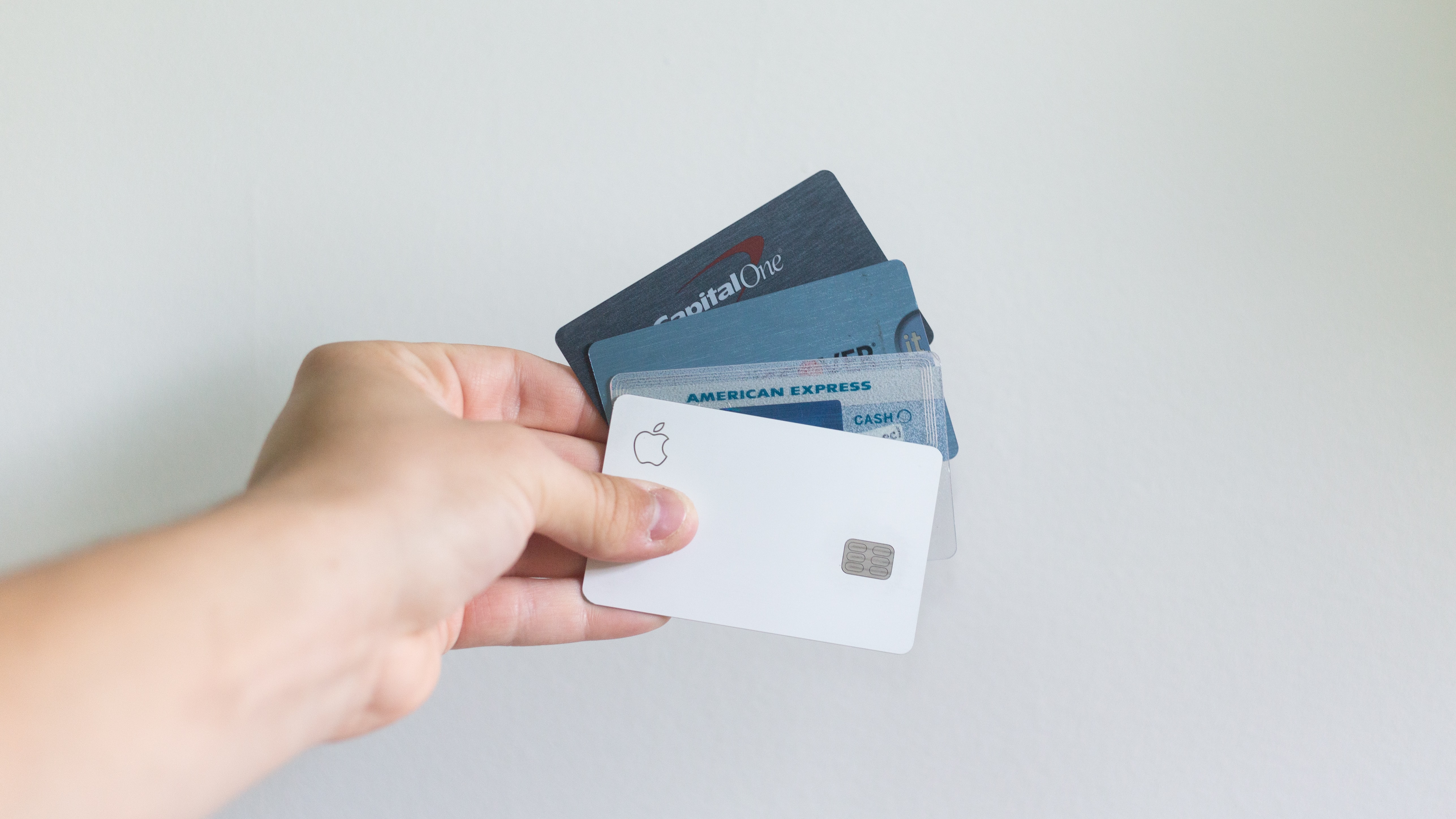Are Credit Cards Haram or Halal? – Islamic Finance | IFG

5 min read
Published:
Updated:

Ibrahim Khan
Co-founder
Credit cards are prevalent and widely used by many Muslims today – but are they haram or halal?
Credit cards have their uses. With a credit card you can effectively smooth your finances over the course of a month, or make a large purchase and stagger the payments over a number of months. You can also earn rewards and cashback as well as benefit from credit card payment protection in the case of faulty goods or if the seller goes bust.
But at the heart of a a credit agreement is the interest-bearing loan that will start to accrue if you don’t make a payment on time. So what is a Muslim to do?
The Two Views
Certain scholars (e.g. here) argue that credit cards are impermissible as one is entering into a fundamentally impermissible contract (as one is agreeing to pay interest in the case of a delay).
Others (cautiously) deem credit cards permissible to the extent one does not actually borrow from the credit card company (e.g. see Pro. Monzer Kahf here and sh. Faraz Rabbani here).
I am inclined towards the latter view because of four reasons:
- The act of borrowing on a credit card is itself not haram
- We live in a society where interest charges for late payments are hard-wired into our every contract
- Credit cards come with additional benefits
- Credit card companies don’t just make money from interest
1. The act of borrowing is itself not haram
The act of borrowing some money from someone interest-free is not itself impermissible – so long as you’re sure you’ll be able to pay the money back at the end and before the interest kicks in. That intuition is simple enough.
However, the introduction of a complex financial instrument like a credit card muddies waters around this debate.
So let’s take a step back. Say we just borrowed £100 off our neighbour and promised to pay him back within a month. In a month, Jeremy the neighbour comes and asks us for £100 but we fail to pay him back. What’s Jeremy going to do? He’s going to take you to court and sue you for £100 plus interest.
2. Interest payments for late payment are hard-wired into our economy
The “plus interest” is hardwired into our economy as a form of redress for late payment. If you pay your bills late you will find that in many of your contracts you will be required to pay interest on top of your bill. Technically that’s exactly the same contractual arrangement as the credit card – so if we were being even-handed in our approach, we would have problems taking out a simple utility agreement or even a mobile phone contract.
The point I’m driving at here is that we have to have a contextualised and real-world understanding of fiqh matters and appreciate the wider implications of the argument.
What I am not saying however is that Muslims must settle for this. No – we should draft our own contracts so that there aren’t interest penalties for late payment, and where we are dealing with a massive consumer, we should campaign on this topic as a united front. (Perhaps, if you guys think this is a useful idea, IFG could even write to some major utility companies and ask for a tweak to the contract for Muslims? Let us know if you think that is the best way to do it.)
But for now we’ve got to live with it.
3. Credit cards come with certain other benefits
“But you don’t have to take out a credit card. You do need to sign up to mobile phone, utility, and internet contracts though,” one might reply.
However, credit cards come with their own benefits that must also be take into account: You get protection on purchases you make, which is particularly important in this age of online purchases and international trade (who’s going to track down a company that’s gone bust in the Philippines for your trainers?). Also, when travelling abroad most people will take a credit card along with them due to the lower costs and better exchange rates.
Also – let’s not forget the wider picture in which this debate sits.
What’s the alternative to a credit card? Using your debit card, right? However, what we sometimes forget is that when we deposit money into our account we’re lending money to our bank (for them to lend onward and make profit from interest).
So if anyone is truly serious about this position – they should keep their money in gold (not even cash – as that itself is an IOU!) and pay only in gold at the local shop. I suspect this might prove quite tricky (though perhaps not impossible: In an interesting twist, there appears to be new credit cards backed by gold. Would you guys like these to be covered in a future article? If so, let us know in the comments below.)
4. Credit card companies don’t just make profit from interest
A credit card company charges businesses for purchase processing just like a debit card does, and so they have a separate revenue stream from each card in any case. So even for individuals who never go into debt, it is still lucrative for a credit card company. So one can’t make the argument that “they’re only giving you a credit so you go into debt.” There’s some truth to that statement, but it is certainly not the full picture.
Final words
So there you have it folks.
If you enjoyed this, you’ll love our other article on unlocking an extra £300/month through credit card hacks – check it out here.
Please let us know if you have any comments/queries and if you found this helpful. And if you did find it helpful, we would be extremely grateful if you shared this on to others in your network who would find this interesting.
If you’re more of a video person, you might like this video on how the UK Government gave banks permission to use your money for haram.
For more information on key personal finance topics, check out our personal finance page here.




